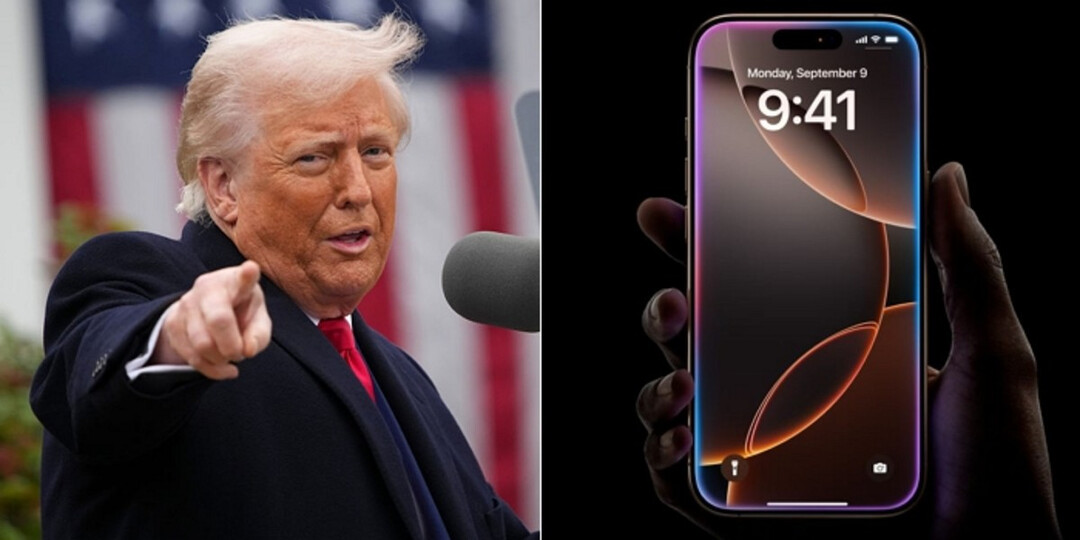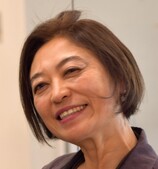
WASHINGTON D.C. - In a significant escalation of his "America First" trade agenda, U.S. President Donald Trump announced on Friday, May 23, 2025, that his administration intends to impose a minimum 25% tariff on all smartphones imported into the United States, irrespective of the brand. This sweeping declaration, initially aimed at Apple's overseas iPhone production, now explicitly includes other global tech giants like Samsung.
Speaking from the Oval Office, President Trump clarified his stance following inquiries from reporters about whether the tariff would solely target Apple. "There will be more," he stated, explicitly naming Samsung and other companies manufacturing their products abroad as potential targets. "Otherwise, it's unfair," he added, signaling a broader application of his protectionist policies.
The President indicated that these tariffs could be implemented as early as the end of June. His primary objective, he reiterated, is to incentivize companies to establish manufacturing facilities within the United States. "If they build their factories here, there are no tariffs," Trump asserted.
He further elaborated on his earlier discussions with Apple CEO Tim Cook regarding the company's plans to shift iPhone production to India. Trump stressed that while he had "no problem" with Apple manufacturing in India, those products would not be sold in the U.S. without incurring significant tariffs. When questioned on the feasibility of Apple producing phones in the U.S. at an affordable price for consumers, Trump responded definitively, "They can do it. A lot of things are done by computer now."
Earlier that day, President Trump had taken to social media, stating, "I have long ago informed Tim Cook of Apple that I expect their iPhones that will be sold in the United States of America will be manufactured and built in the United States, not India, or anyplace else. If that is not the case, a Tariff of at least 25% must be paid by Apple to the U.S."
The proposed tariffs extend beyond finished goods. Scott Bessent, the Treasury Secretary responsible for tariff negotiations, highlighted the vulnerability of overseas production, particularly in the semiconductor industry. "I think our biggest vulnerability is overseas production, especially overseas production of semiconductors," Bessent told reporters in an interview. "A large part of what goes into Apple is semiconductors, so we hope to help Apple make their semiconductor supply chain more secure." This aligns with the Trump administration's earlier announcement of sector-specific tariffs on semiconductors, with the Commerce Department having already initiated an investigation under Section 232 of the Trade Expansion Act to assess the national security implications of imported semiconductors and related products.
In a separate but related development, President Trump also reiterated his threat to impose a 50% tariff on the European Union (EU) starting June 1. He accused the EU of exploiting the United States in trade relations, declaring, "It's time to play the game the way I know how to play the game." When pressed on whether he sought negotiations within the 90-day tariff exemption period, Trump remained firm: "I'm not looking for a deal. We've set the deal. It's 50%." He again offered the incentive of no tariffs if EU companies build factories in the U.S. While acknowledging he would "see what happens," he insisted that the tariffs would proceed as planned on June 1. Despite this firm stance, Trump expressed confidence that the EU "very much wants to negotiate," though he criticized their current approach.
Beyond trade, President Trump also touched upon the controversial topic of foreign student admissions. When asked if the administration was considering measures to prevent other universities, besides Harvard, from admitting foreign students, he responded, "We are looking at a lot of things," adding that "Harvard has to change the way it operates." This statement comes amidst ongoing debates about immigration policies and their impact on higher education.
The President's latest pronouncements underscore his administration's unwavering commitment to reshaping global trade dynamics, prioritizing domestic production, and leveraging tariffs as a key tool in his economic arsenal. The coming weeks are expected to reveal the full extent of these measures and their ripple effects across the global economy.
[Copyright (c) Global Economic Times. All Rights Reserved.]






























